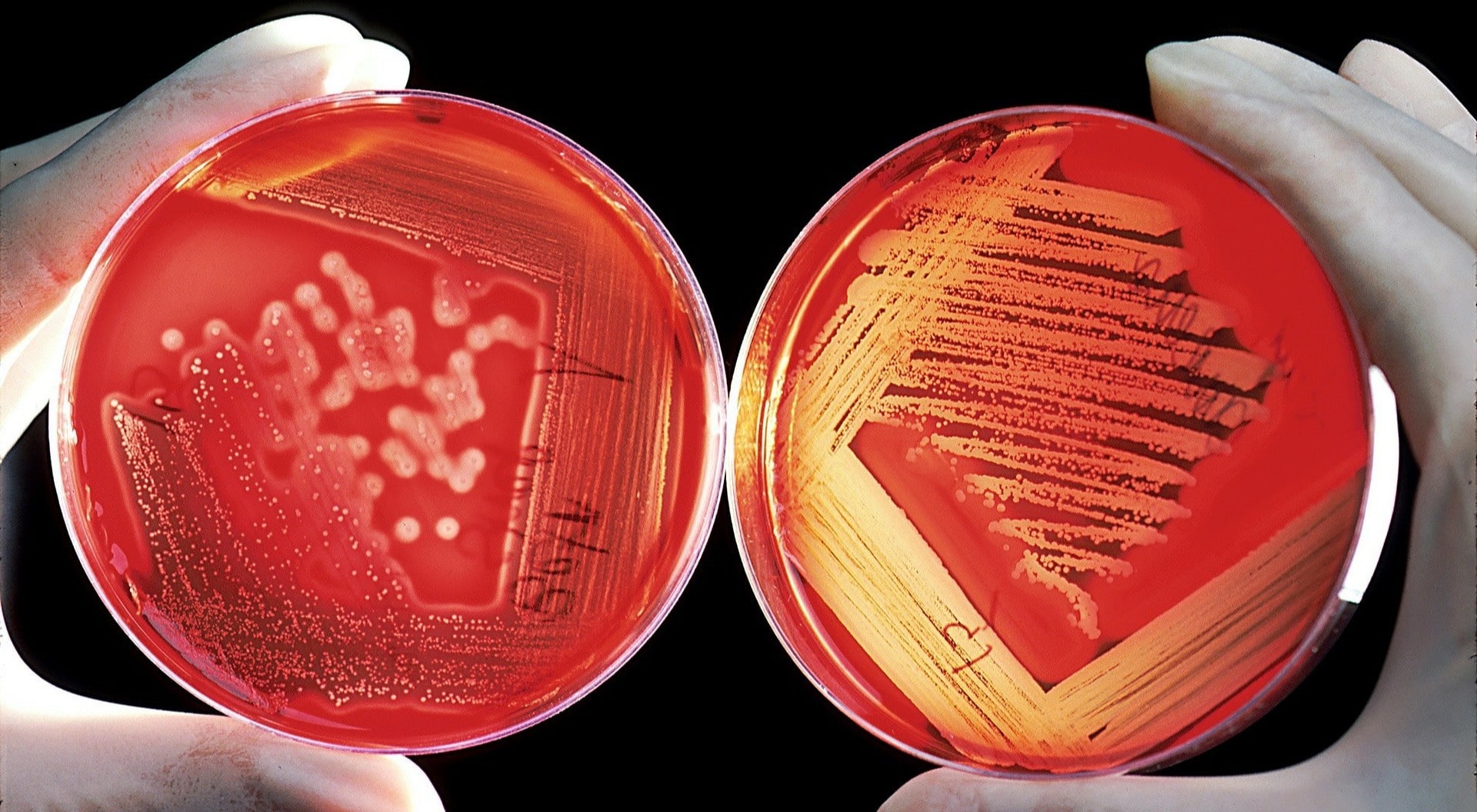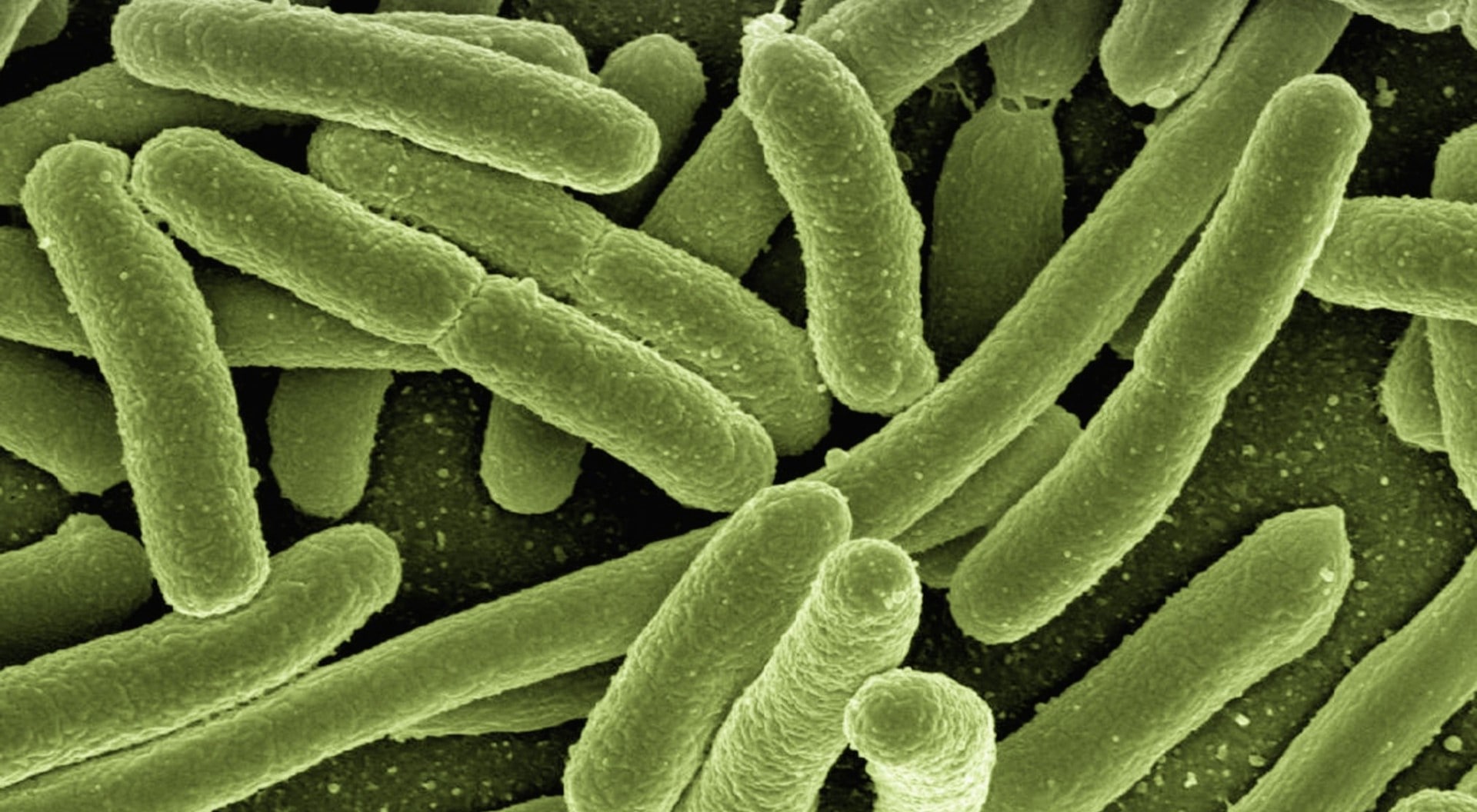Innate immune sensing of the human intestinal microbiome
Research Theme 1
About
There is now compelling evidence that commensal microbes or their products interact with the host mucosal epithelium and immune system eliciting tonic signals that are necessary to maintain a homeostatic equilibrium.
However, the mechanisms are poorly understood and responses to most commensals and their products remain uncharacterised. Here we will define the critical mediators of mucosal responses to the microbiome and characterise how these differ from pathogenic responses.
1.1
Deep molecular phenotyping of host responses to the human microbiota
Mucosal responses to primary health related bacteria will be compared to standard pathogen associated ligands using deep phenotyping (transcriptomics and metabolomics) of intestinal epithelial cell (IEC), dendritic cell (DC) and macrophage (Mφ) co-cultures derived from human induced pluripotent stem cells (iPSC). We will combine organ-on-a-chip technology with in-house and public bioinformatics tools to identify activated pathways/predict new ones, including modulators of tonic signalling such as negative regulators.
1.2
Determine the mechanisms of microbe sensing and response.
To understand the role of key innate pathways identified above, fluorescent tags will be added to relevant signalling factors (such as NFκB p65, IRF9, IRF3/7; STAT1 STAT3) and knocked into the endogenous genetic loci of HipSci KOLF2 iPSC 1Kilpinen H et al., Common genetic variation drives molecular heterogeneity in human iPSCs. Nature, 2017 546:370-375. using CRISPR-Cas9 based genetic modification. These specialised cell lines will enable us to utilize the live cell imaging capacity of EMULATE for cell based screening.
1.3
Develop high-throughput microbe response analysis platforms.
Using live cell imaging we will obtain a comprehensive understanding of the relative molecular and phenotypic mucosal responses in epithelial cells and Mφ/DC to commensal isolates and communities.
Outcome
THEME 1 will form the basis for understanding mucosal activation or tolerance by human cells in response to commensal bacteria. We will gain an unprecedented understanding of the host signaling pathways activated by commensals that will provide essential data to develop computational diagnostics and possible new mucosal adjuvants. In addition this information will be used to identify and characterise probiotic and bacteriotherapy candidates that could be developed to modulate epithelial cell barrier function and local tissue immune responses prior to clinical applications in patients.
Our Research Themes

Innate immune sensing of the human intestinal microbiome
Theme 1

Innate immune shaping of the intestinal microbiome
Theme 2

Tissue specificity in mucosal-microbiome interactions
Theme 3

Disruption of mucosal-microbiome interactions
Theme 4
Get the latest updates
Subscribe to our mailing list to keep up to date with the latest news from Synnate
